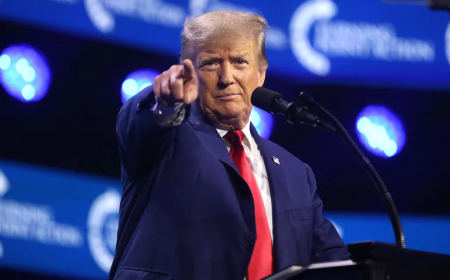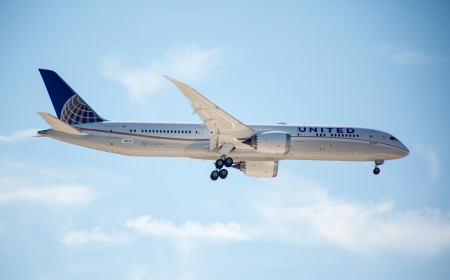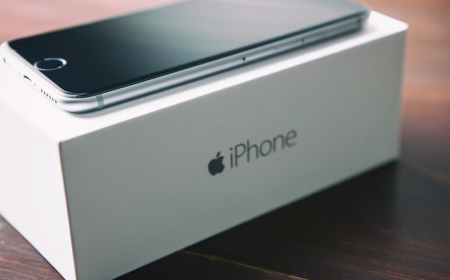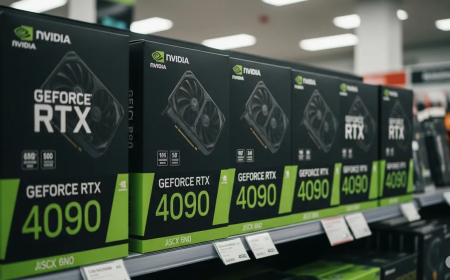Nvidia and AMD to Give 15% of China Chip Sales Revenue to U.S. Government
Nvidia and AMD have agreed to give 15% of revenue from sales of advanced AI chips to China, including Nvidia’s H20, to the U.S. government as part of export license conditions.
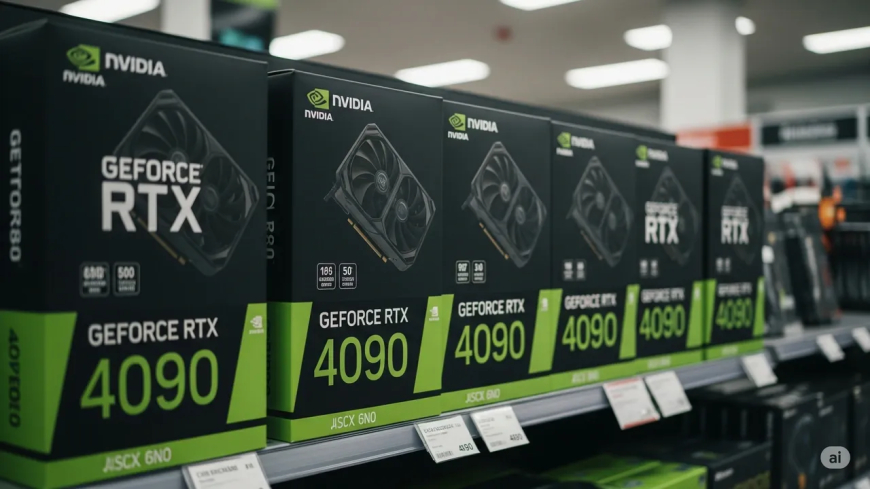
Washington, D.C. — Nvidia and AMD have agreed to give the U.S. government 15% of revenue from sales of advanced computer chips to China, according to a U.S. official. The deal covers high-performance chips used in artificial intelligence applications, such as Nvidia’s H20 and AMD’s MI308.
Sales of the H20 to China were blocked in April by the Trump administration due to export restrictions. However, last month, Nvidia announced that the U.S. had cleared it to resume sales under new conditions. The Commerce Department has now begun issuing licenses for these exports.
When asked about the 15% revenue agreement, a Nvidia spokesperson said the company follows all U.S. government rules. “While we haven’t shipped H20 to China for months, we hope export control rules will let America compete in China and worldwide,” the spokesperson said. AMD has not commented on the arrangement.
China is a major market for both companies. In the fiscal year ending January 26, Nvidia earned $17 billion from China, making up 13% of its total revenue. AMD generated $6.2 billion from China in 2024, representing 24% of its total sales.
The Financial Times first reported that the payment agreement was a requirement for obtaining export licenses for the chips. It remains unclear how the U.S. government will use the funds collected.
Some policy experts have questioned the move. Geoff Gertz, a senior fellow at the Center for New American Security, noted, “Either selling H20 chips to China is a national security risk, in which case we shouldn’t be doing it, or it’s not a national security risk, in which case, why impose this extra penalty?”
U.S. Commerce Secretary Howard Lutnick recently described the H20 as Nvidia’s “fourth-best chip” and said the resumption of sales was part of broader negotiations with China involving rare earth supplies. Lutnick argued it was in U.S. interests for Chinese companies to keep using American technology, even if the most advanced chips remain banned from export.
The administration maintains that selling these chips does not compromise national security. However, some former officials, such as Alasdair Phillips-Robins, have criticized the decision, saying it may trade away security protections for revenue.
What's Your Reaction?
 Like
0
Like
0
 Dislike
0
Dislike
0
 Love
0
Love
0
 Funny
0
Funny
0
 Angry
0
Angry
0
 Sad
0
Sad
0
 Wow
0
Wow
0

